
Korshi Dosoo is one of the two principal investigators of the project Corpus of Coptic Magical Formularies at the Julius Maximilian University of Würzburg. From 2018 to 2023 he was the team leader of the project The Coptic Magical Papyri: Vernacular Religion in Late Roman and Early Islamic Egypt. Formerly ATER (lecturer) at the University of Strasbourg and post-doctoral researcher on the Labex RESMED project Les mots de la paix. His PhD thesis, Rituals of Apparition on the Theban Magical Library was completed in 2015 at Macquarie University, Australia. His research focuses on magic and lived religion in Egypt from the Ptolemaic to Mamluk periods as revealed by papyrological and epigraphic sources.
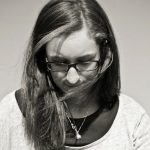
Markéta Preininger is one of the two principal investigators of the project Corpus of Coptic Magical Formularies. From 2018 to 2023 she was a research fellow on the project The Coptic Magical Papyri: Vernacular Religion in Late Roman and Early Islamic Egypt. Markéta defended her PhD thesis in 2022 at the Julius Maximilian University of Würzburg on the topic of the body in the Coptic magical corpus. She formerly studied at the Charles University in Prague, where she obtained her Bachelor and Master degrees at the Institute of Philosophy and Religious Studies. She has also been an exchange student at the Eberhard Karls Universität in Tübingen, as well as at the Ecole Pratique des Hautes Etudes (EPHE) in Paris. Markéta is interested in vernacular religion and magic, as well as the understanding of the body and emotions in Ancient Egypt, Greece and in Late Antiquity in general.
Markéta’s page on academia.edu

Sophie-Charlotte Helena Gissat is the research assistant of the project Corpus of Coptic Magical Formularies. Since 2022, she has served as a student assistant at the Göttingen Academy of Sciences and Humanities, contributing to the Digital Edition and Critical Evaluation of the Coptic Holy Week Lectionary project, and, since 2024, to the Complete Digital Edition and Translation of the Coptic Sahidic Old Testament project. Additionally, since 2021, she has held the position of Coptic language tutor at the University of Göttingen, where she also earned her bachelor’s degree in 2020. Sophie’s research interests center on magic, ritual practices, iconography, and archaeology across diverse cultures, with a particular emphasis on Coptic, Ancient Egyptian, and Aztec cultures, as well as other Indigenous cultures of the Americas.
Sophie-Charlotte’s page on academia.edu
Contributors
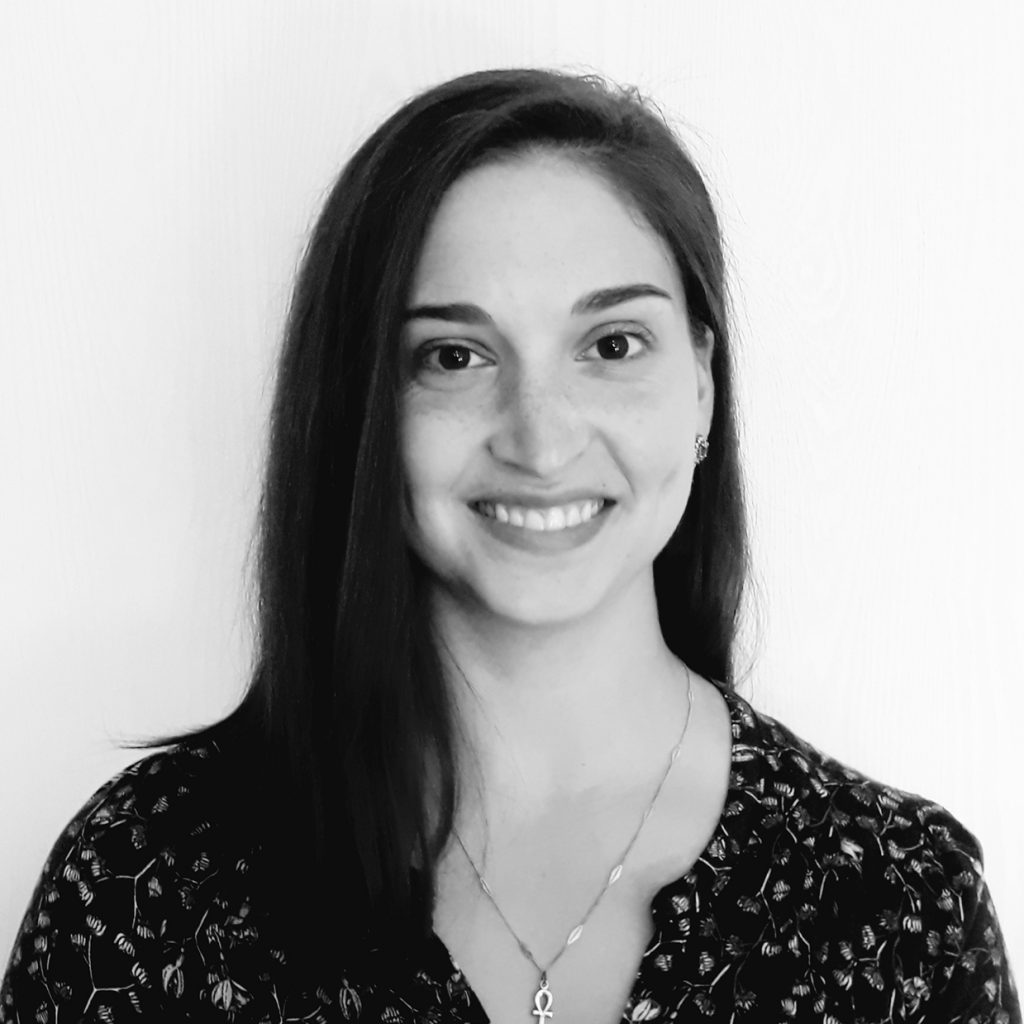
Roxanne Bélanger Sarrazin is a postdoctoral researcher at the University of Oslo with the ERC-funded project APOCRYPHA – Storyworlds in Transition: Coptic Apocrypha in Changing Contexts in the Byzantine and Early Islamic Periods. Within this project, she works on the relationship between Coptic apocrypha, magic, and liturgical practices. She is also a member of the Philae Temple Graffiti Project (PTGP), funded by the Social Sciences and Humanities Research Council of Canada (SSHRC), which aims to study the figural graffiti from one of the most spectacular temple complexes of Egypt, Philae. Roxanne has a Ph.D. in Religious Studies and in Languages, Literatures, and Translation Studies from the University of Ottawa (Canada) and the Université libre de Bruxelles (ULB, Belgique). Her research focussed on the appropriation of ancient magical practices by Christians in Greek and Coptic magical texts from Late Antique Egypt and on the processes of religious transformation in Late Antiquity. The revised version of her dissertation (Les divinités gréco-égyptiennes dans les textes magiques coptes: Une étude du syncrétisme religieux en Égypte tardo-antique et médiévale) will be published shortly. As a contributor to the Coptic Magical Papyri project, she provides her expertise on Coptic magic, assists in producing digitised texts, and helps gathering manuscript data, while pursuing her work on unpublished texts.
Roxanne’s page on academia.edu
Roxanne’s profile on the website of the University of Oslo
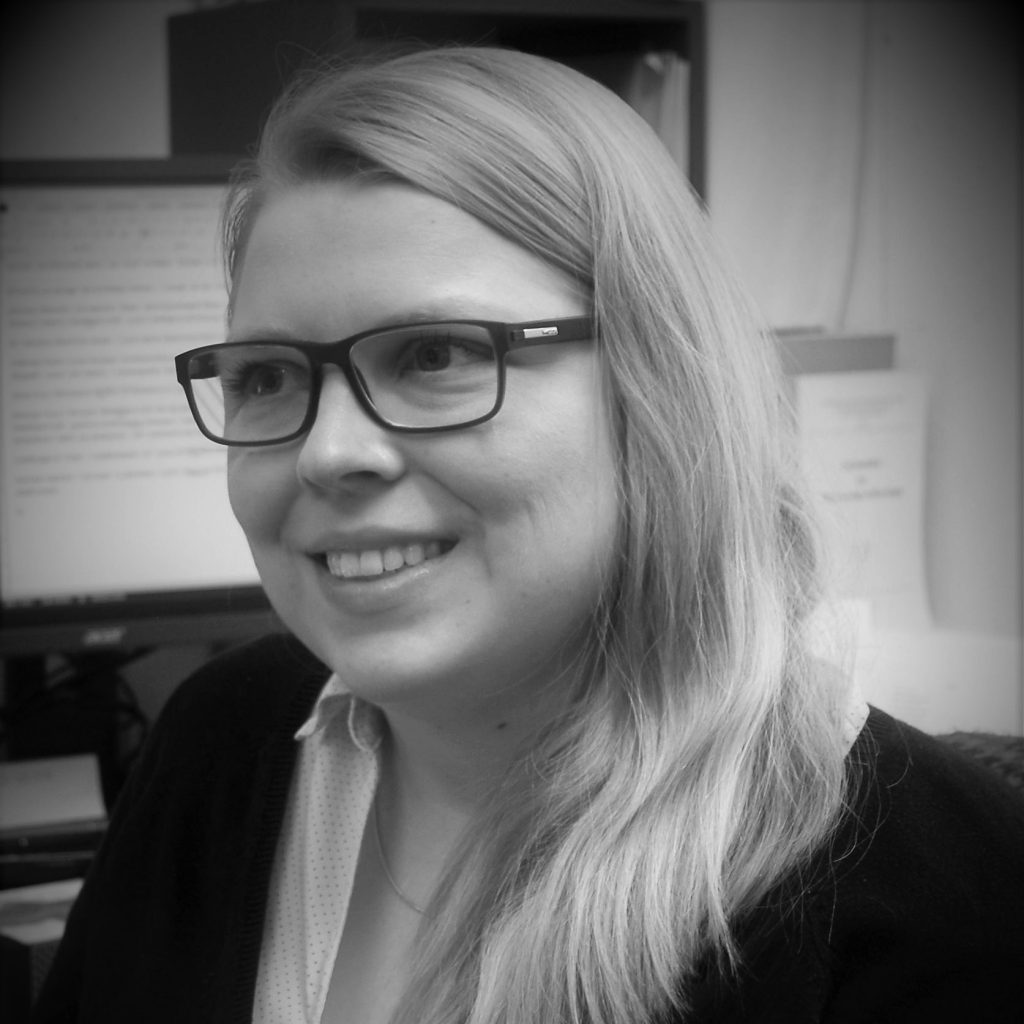
Anne Grons studied Egyptology and Coptology as well as Classical and Early Christian Archaeology and Near Eastern Studies at the University of Münster where she was granted her Bachelor and Master degrees. Since 2016 she has been a research assistant/lexicographer at the project Dictionary and Database of Greek Loanwords in Coptic (DDGLC), led by Prof. Dr. Tonio Sebastian Richter (Freie Universität Berlin). She is also working on her doctoral thesis on Coptic pharmacological texts. The work includes a complete (re-)edition and reassessment of all currently known pharmacological texts in Coptic from the early fourth century up to the eleventh century AD. Among other aspects, she is analysing the different Coptic, Greek and Arabic designations of symptoms and diseases as well as the medicinal substances and their composition and tries to answer questions concerning the transfer of knowledge. As a contributor to the Coptic Magical Papyri project, Anne is providing her expertise as an adviser on the database, in particular on matters regarding pharmacological texts and substances.
Anne’s Profile on the DDGLC website
Anne’s page on academia.edu
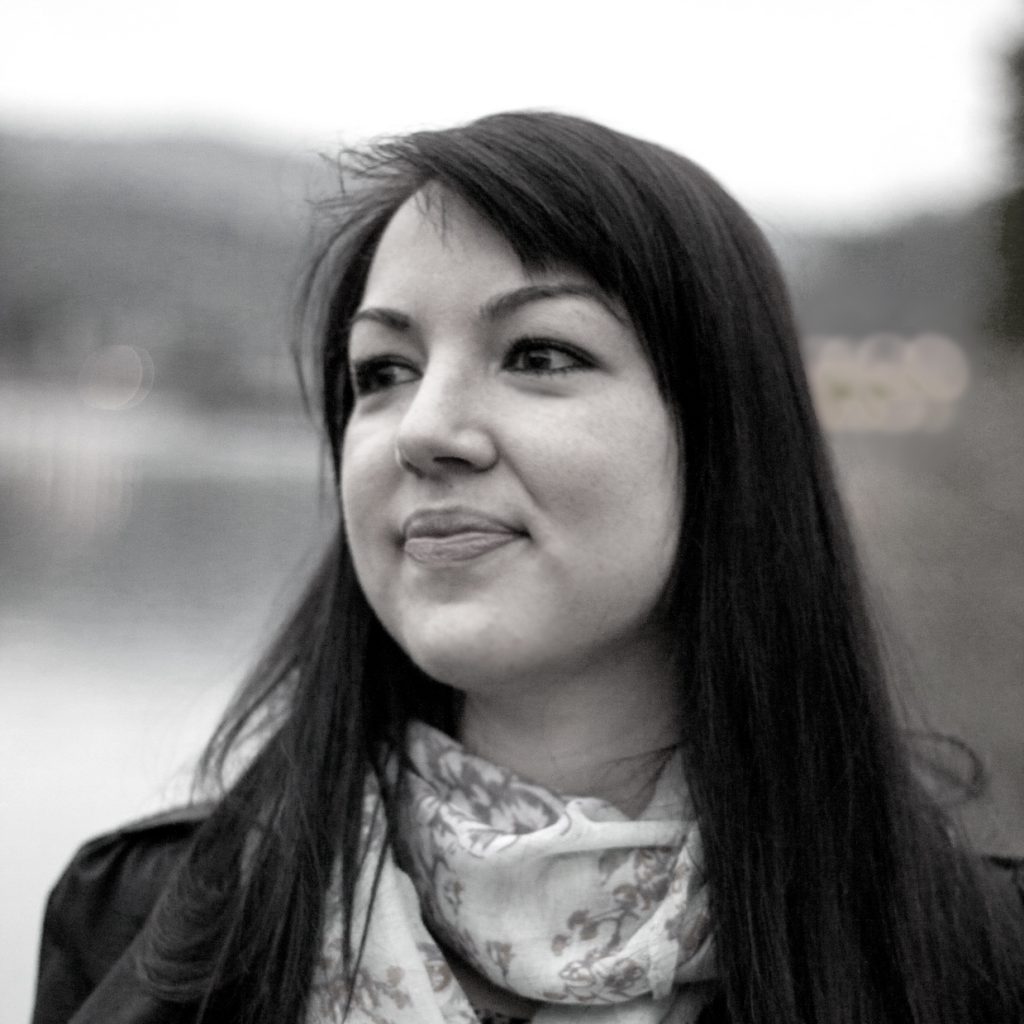
Krisztina Hevesi, as a DAAD scholarship holder, works on her PhD thesis within the framework of the Berlin Graduate School of Ancient Studies at the Freie Universität Berlin. Her work aims to trace scribal traditions in Coptic magical texts and to analyse the transmission of different formulae and practices that were retained, transformed or assimilated into the religious context of Christianity. In this research, her approach is based on Coptic magical archives with special regards to the scribal milieu in which the texts were brought to life and transmitted. She intends to focus on the significance of magical handbooks, master texts and the activity of magical libraries as well as the scribal education that lay behind the production of the manuscripts, and examine the question of continuity and discontinuity of scribal practices through the study of historiolae, phrases, voces magicae and ritual acts included in Coptic manuscripts. The corpus primarily consists of the texts of the Coptic magical archive from the Ägyptisches Museum und Papyrussammlung of Berlin, published and unpublished manuscripts from the Bibliothèque nationale et universitaire de Strasbourg as well as magical texts from the Papyrussammlung des Instituts für Papyrologie in Heidelberg. As a contributor to the Coptic Magical Papyri project, Krisztina is providing her expertise as an adviser on the database, and contributing her work on unpublished texts.
Krisztina’s page on academia.edu
Krisztina’s profile in the Berlin Graduate School of Ancient Studies
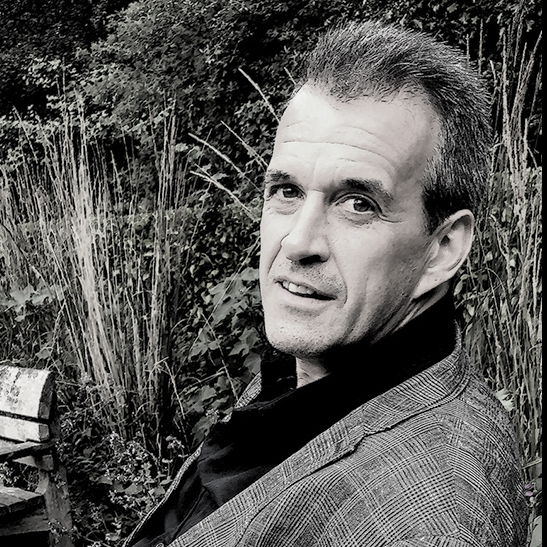
Bill Manley, who teaches Egyptology and Coptic language at the University of Glasgow, is Co-Director of Egiptología Complutense, Honorary President of Egyptology Scotland, an Honorary Research Fellow at the University of Liverpool, and member of The Society of Authors. He has worked with archaeological projects in Egypt for more than twenty years, and is presently epigraphist for the Wadi C2 Archaeological Project in West Thebes. As a best-selling author Bill has spoken at international book festivals, including The Sunday Times Literary Festival, while his specialist output includes catalogues, articles and exhibitions covering such diverse subjects as Ancient Egyptian texts, the history of Egyptology, gold jewelry, the archaeology of Palestine, and the world’s earliest philosophy. As a contributor to the Coptic Magical Papyri project, Bill is focusing on the digitisation of Coptic magical manuscripts from Thebes.
Bill’s page on academia.edu
The Wadi C2 Project
Bill’s Amazon author page
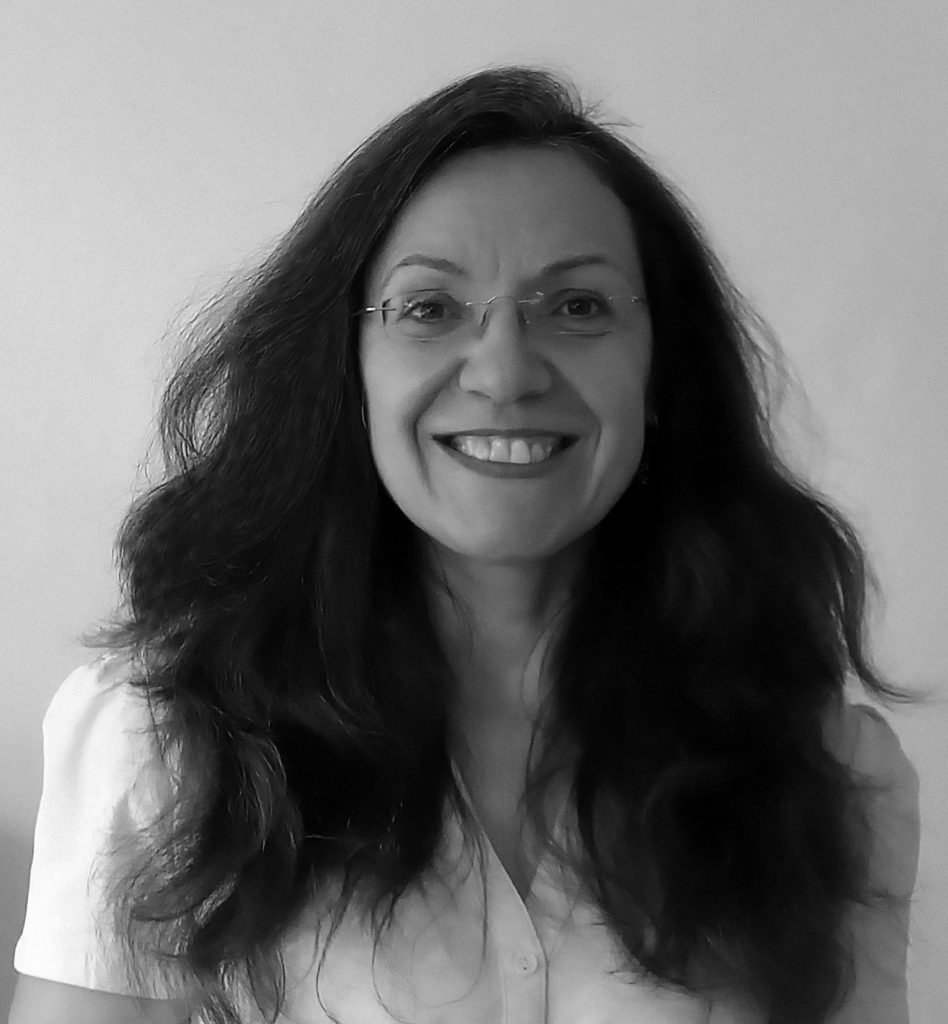
Ortal-Paz Saar (Utrecht University, Netherlands) is a cultural historian focusing on Judaic Studies, particularly during Late Antiquity and the Middle Ages. Her research encompasses magic and rituals as well as funerary culture. Questions of identity and relations between Jews and non-Jews are prominent in her publications. Ortal-Paz is active in the field of digital humanities and directs an international project on Jewish funerary culture called the PEACE portal. As a collaborator with the Coptic Magical Papyri project, Ortal-Paz is advising on the integration of Aramaic incantation bowls into the Kyprianos database, including data from the Prosopographic Database of Magical Bowls that she produced.
Ortal-Paz’ page on academia.edu
Ortal-Paz’ university homepage
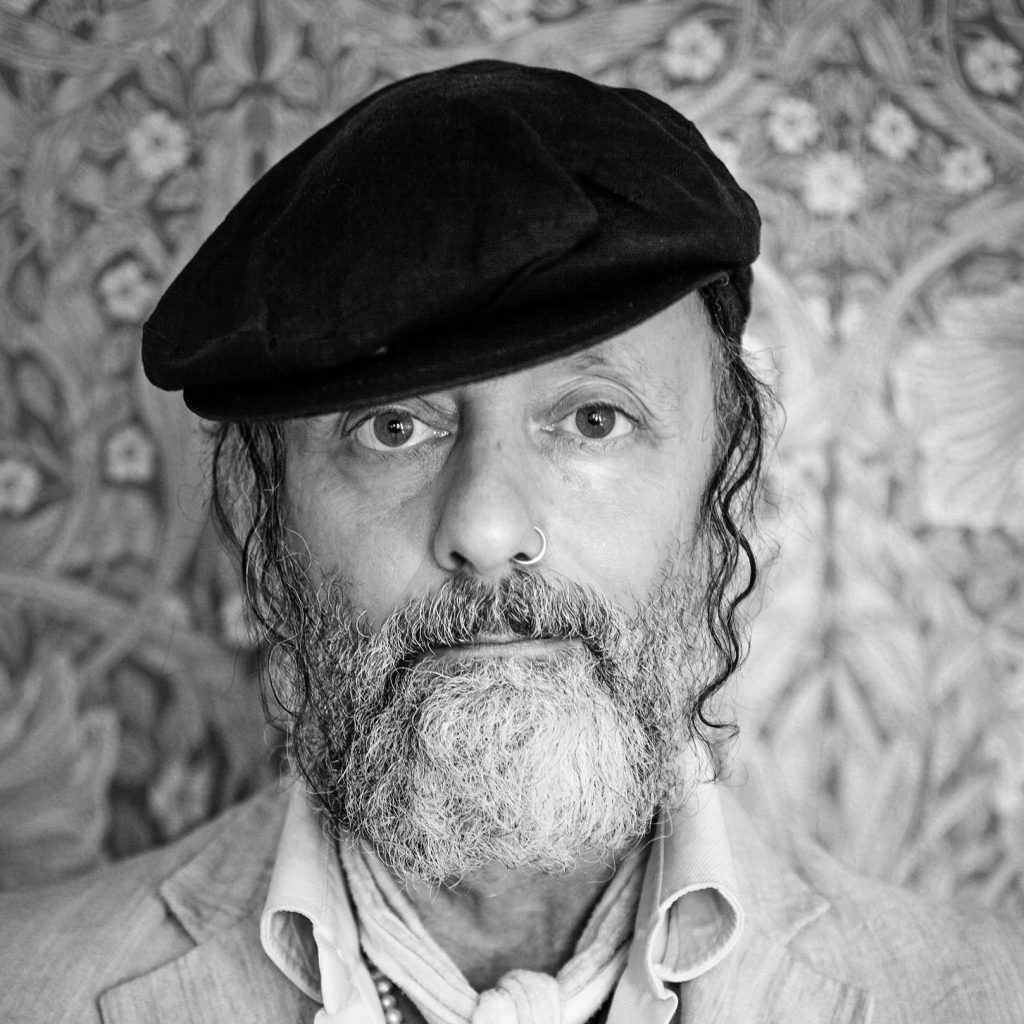
David Tibet gained his MA in Coptic Studies under Dr. Heike Behlmer at Macquarie University, where he submitted his edition of P. IFAO Copte 145-148 (The Installation of Michael) which is to be published by the IFAO. His long-standing fascination with Coptic Apocrypha began when he fell in love with the ghost stories of M.R. James as a boy, and then read James’ The Apocryphal New Testament (Oxford University Press, 1924). The individual behind the Hallucinatory ParaMusical SuperGroup Current 93, his main hobby is now studying Akkadian, Ugaritic, and Biblical Hebrew, as well as continuing to look into Coptic magical and apocryphal texts as a contributor to The Coptic Magical Papyri project. His edition of P. Strasb. K550, an untitled magical text, is included in Coptica Argentoratensia (Editions de Boccard, Paris, 2014), edited by Sebastian Richter, Catherine Louis, Alain Delattre, and Anne Boud’hors. His most recent publications are The Moons At Your Door (Strange Attractor, London, 2016) and Of Kings And Things: Strange Tales and Decadent Poems by Count Stanislaus Eric Stenbock (Strange Attractor, London, 2018); There Is A GraveYard That Dwells In Man is to be published in 2020. His last album was The Light Is Leaving Us All (The Spheres, Hastings, 2018).
